Onward: United Way’s Erica Wiley
In December, United Way of King County’s Chief Philanthropy Officer Erica Wiley stepped down after five years at the position and more than 20 years with the organization. Wiley helped guide the organization through some of its biggest transitions in fundraising, from its workplace giving days—back then, she says, the organization was the “Blockbuster Video of philanthropy”—to its current mix of public, private, individual and philanthropic donors.
Before moving onward, Wiley sat down for a Q&A to chat about her time at United Way, the company’s iterations during her tenure and what’s next.
United Way of King County: Why are you leaving United Way at this time?
Erica Wiley: I’ve been in this seat for five years. And I’ve been at United Way forever; I started two weeks before 9/11. I grew up here, basically. And I’m ready for my next adventure. My hope is that this will give the person [her successor] time to sit in the seat a little bit before United Way goes into annual planning, which is usually February, March. I felt the timing was right for me and the timing was right for the organization.
United Way of King County: What is it like to start a job two weeks before 9/11 and then during 9/11?
Erica Wiley: To back up, my first real job out of college was political campaign fundraising. I worked for the Washington State Democratic Party, and that’s where I learned to fundraise. After the 2000 election that Al Gore lost, I thought, “I just worked really, really hard and spent a ton of money and I don’t think any change happened. I think I want to go into the nonprofit sector.”
Unfortunately for me, it was during the Dot.com Bubble Burst, and finding a job took forever. I was unemployed for eight months. It was brutal. My first day at United Way was the day of my last unemployment check. To say that the organization I work at today is different from when I started is an understatement. It has been about three different organizations.
United Way of King County: Describe the first organization?
Erica Wiley: The first one was when United Way existed to collect resources through workplace giving campaigns, in particular through payroll deductions. There was no easy way to give. United Way came along with this brilliant idea: “We will bundle it; we will vet those organizations and we will take care of your business—we will make it easy to give.” That was awesome until the internet was invented. Give Big was started by Seattle Foundation and other community foundations to encourage people to make gifts online.
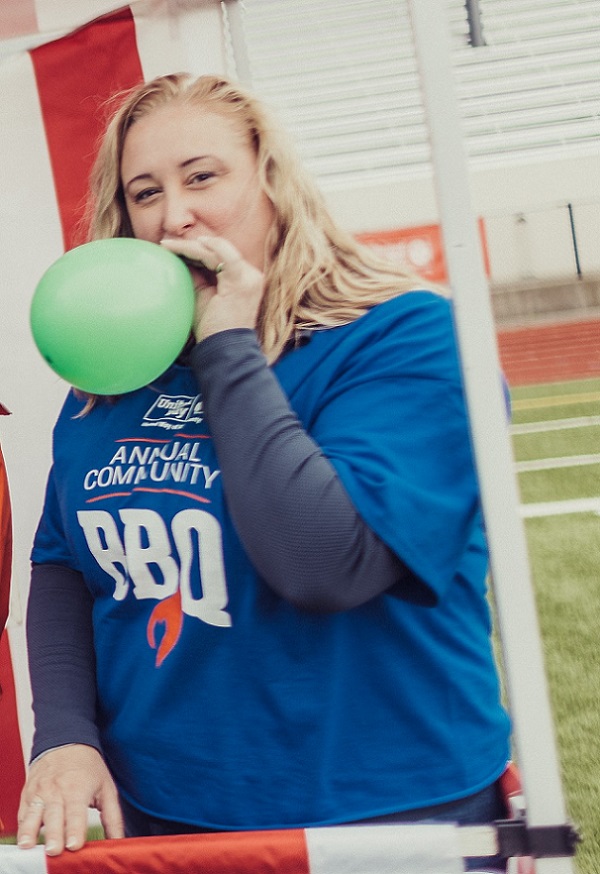
That value proposition of using United Way as the only easy way to give was no longer valid. We really had to answer the question of why we exist. The answer to that question became, “We’re unique because we’re uniquely positioned between nonprofit, for profit, government and private philanthropists to make change.” And the first place we decided to put a stake in the ground was chronic homelessness.
United Way of King County: What was the second organization?
Erica Wiley: While we started raising money for chronic homelessness, not only did workplace giving as a vehicle change but so did corporate culture. It was traditionally very hierarchical. Then we started hearing things like, “We’re going to follow what our employees are interested in.” People started asking questions like, “Why are we running a United Way campaign? Why is it just them?” While United Ways had done a good job of cultivating relationships with the coordinators of campaigns at companies, we needed to catch up and cultivate more relationships directly with donors. That started about 12 years ago. That’s when we started launching donor communities like Emerging Leaders 365 and Change Makers. As we got to know what people cared about, that began to inform our work, too.
That was pretty good, however, given the number of campaigns that we were running and companies we had access to, you couldn’t offset the losses [in workplace giving] with new, individual programs alone. And that’s when we began grant writing.
United Way of King County: What is the organization now?
Erica Wiley: Grant writing laid the groundwork for us to be able to access some of the government funding we are seeing today. Grant writing made our programs stronger. In a grant, there’s no place to hide. During all of those spaces, we were able to run these multi-million-dollar, multi-year campaigns, which is unique to United Way of King County. Not a lot of United Ways do that. What excites me about United Way of King County [for the future] is that we can test something out—be it change, an idea, an approach—take a look at it, tweak the model and scale it up big.
What excites me about United Way of King County [for the future] is that we can test something out—be it change, an idea, an approach—take a look at it, tweak the model and scale it up big.
Erica Wiley
United Way of King County: As you look back on 20 years, what are some of the high point moments in your career? What is something you’re proud of, that you hang your hat on?
Erica Wiley: I’m a big StrengthsFinder fan, and one of the things it says in my StrengthsFinder profile is that I would be really good at a start-up or a turnaround. I have been a part of a turnaround for these 20 years, and I feel so lucky to have had that opportunity because it’s incredibly rare. Real change takes time, but it happens, and I appreciate having had to see change happen and to understand it’s possible and how to make change together.
In terms of what I’m proud of that I can hang my hat on: We brought in consultative selling to facilitate that individual donor work. I’m proud of that. We’ve been doing that for 13 years. That is so foundational to our donor communities. I hired our first grant writer, Colleen Laing. Building out that line of business with the Community Services Team has been rewarding and the work is thrilling. The top of the pyramid is the staff. The development team really is a collective. They really have each other’s back. We are serious business and we also know how to have fun.
United Way of King County: What’s next for you?
Erica Wiley: The next step for me is a CEO or executive director gig at a mid-sized nonprofit. A lot of fundraising is about bringing people together to tackle big problems. And I also have a process/operations orientation. So, I’m ready to bring it all together and try to move a mission forward.
United Way of King County: Describe the Seattle that you would like to see and how can a place like United Way get us there?
Erica Wiley: I’m a fundraiser, so by nature, I’m optimistic and see abundance everywhere. Not only are we abundant in resources, but we’re abundant in generosity and all different kinds of intelligence. So, when I think about that and I see the problems, the problems seem so much smaller than the abundance. I just believe United Way is a place where that abundance can become actionable solutions. The kind of Seattle I’d like to see happens all the time; what I see is people who are able to surprise themselves and reach their full potential. That happens all the time, and we get to be a little part of that.

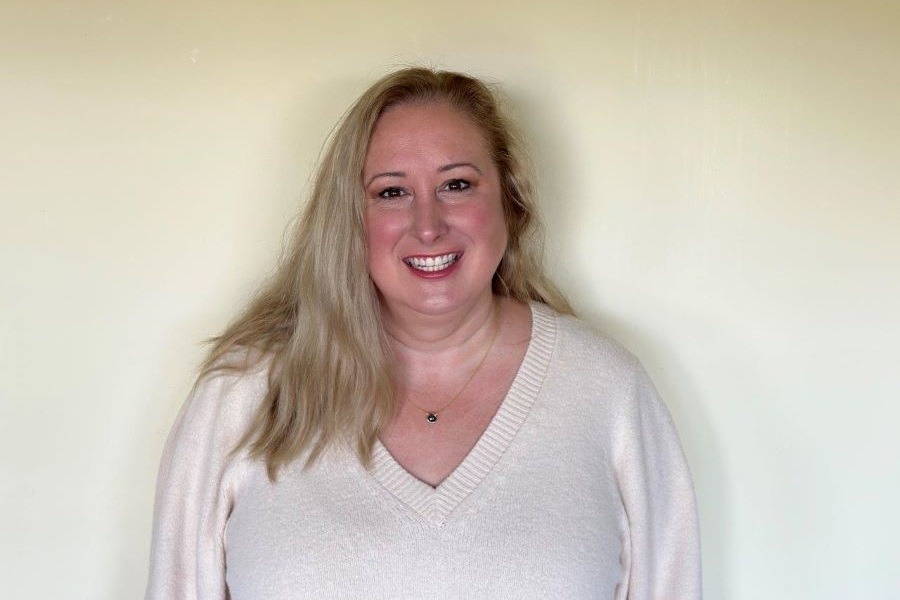
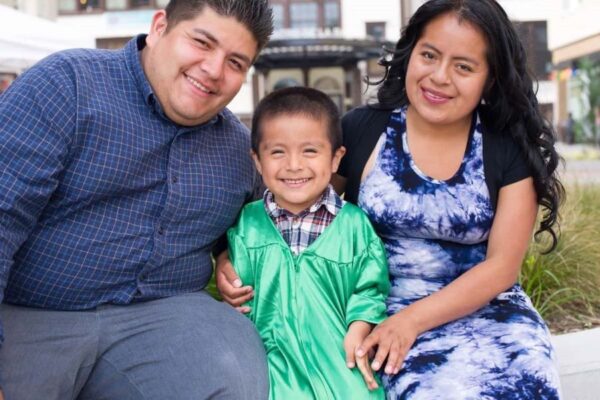
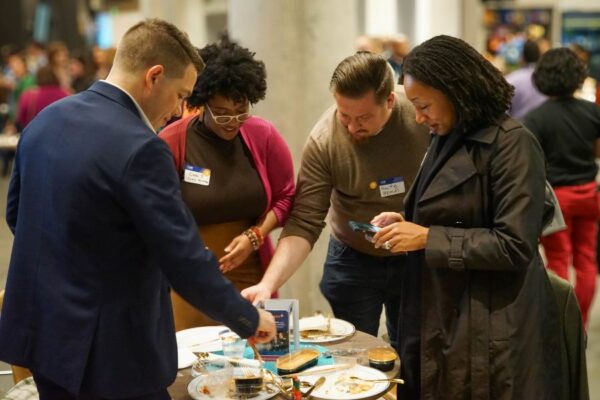
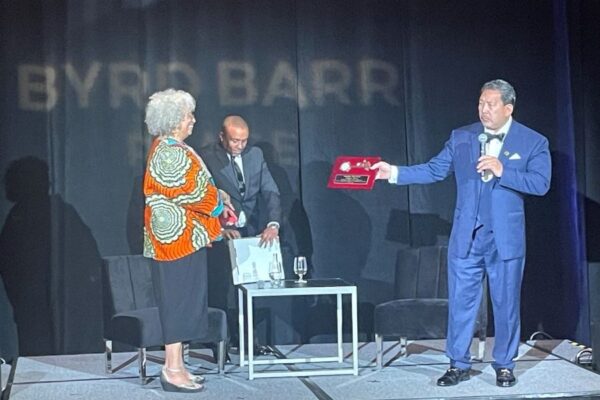
Comments